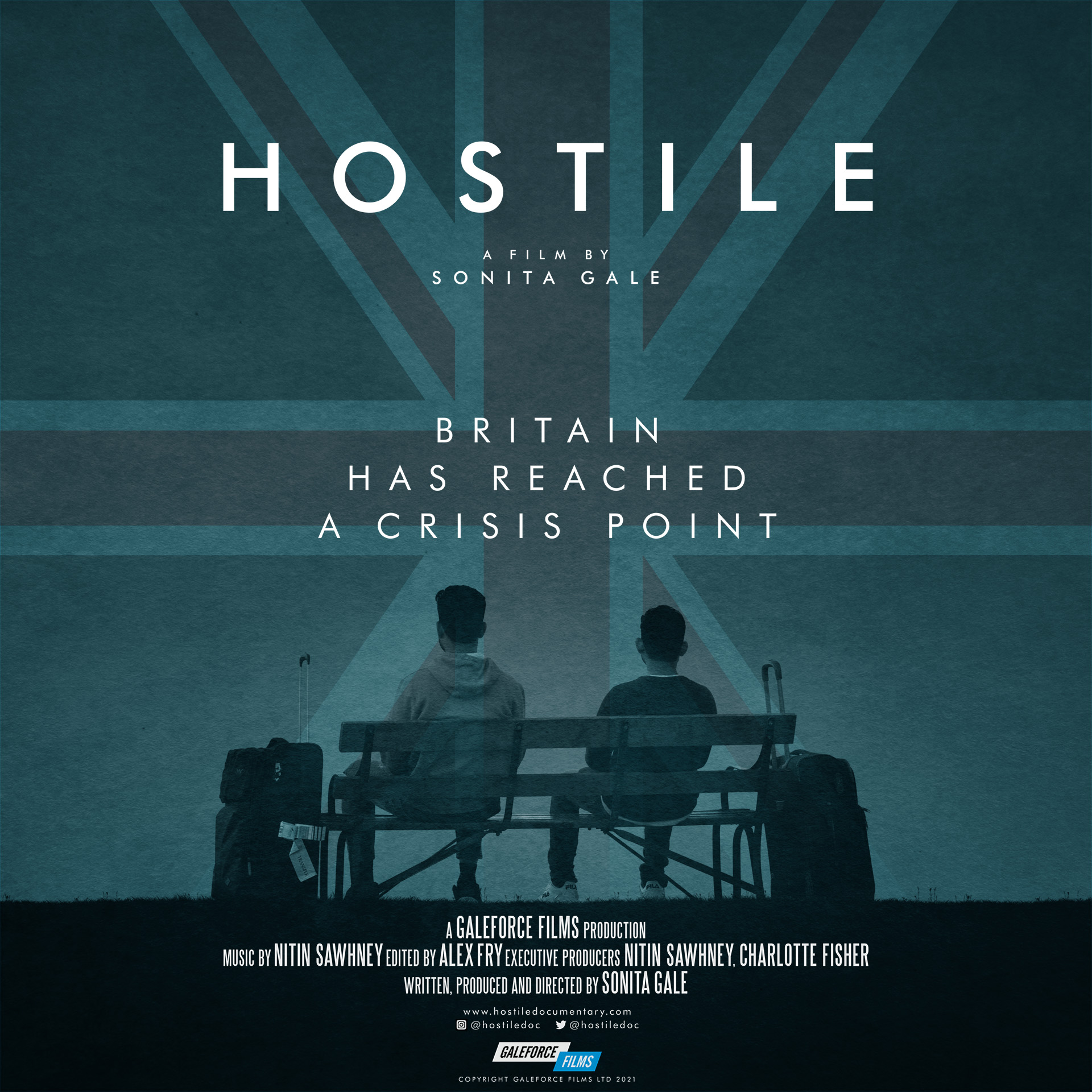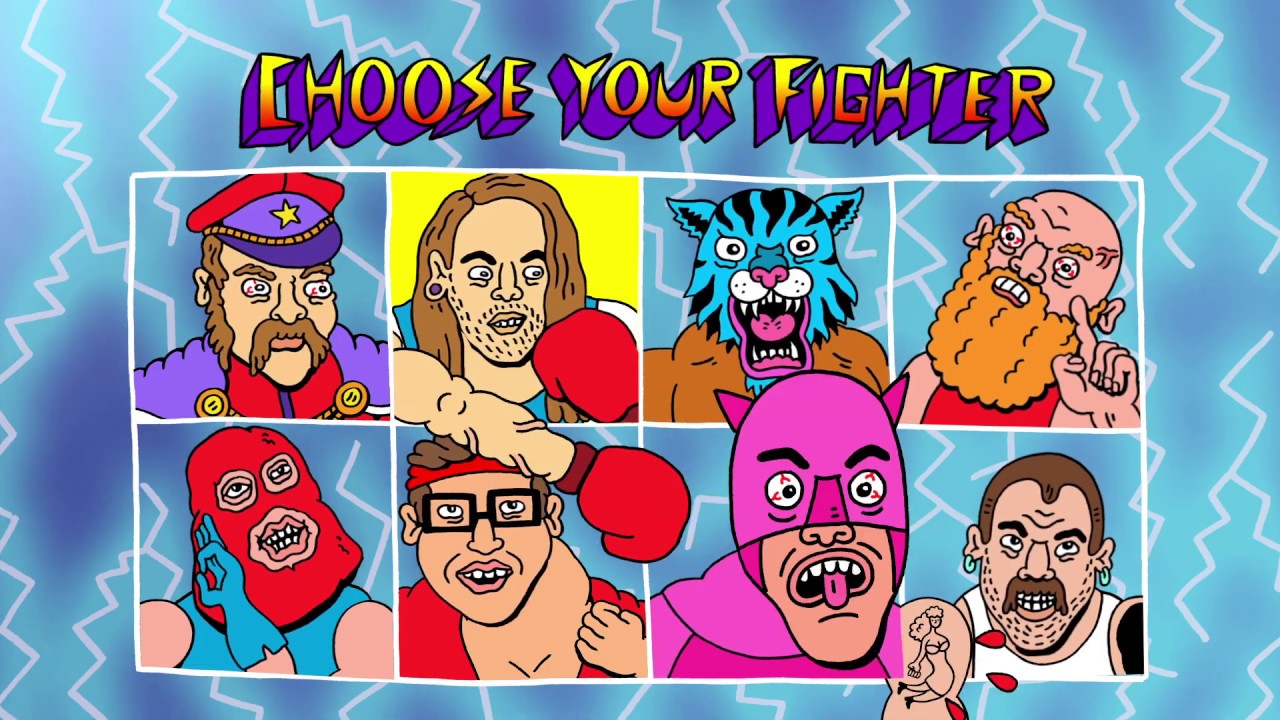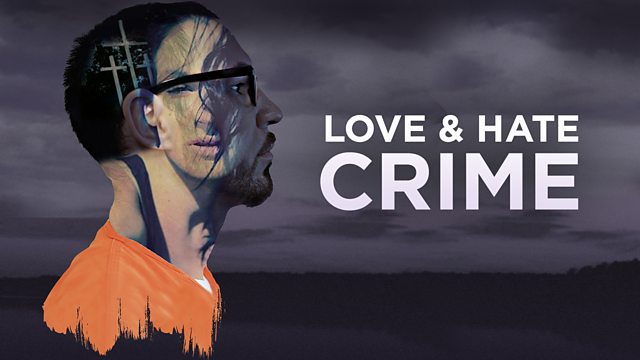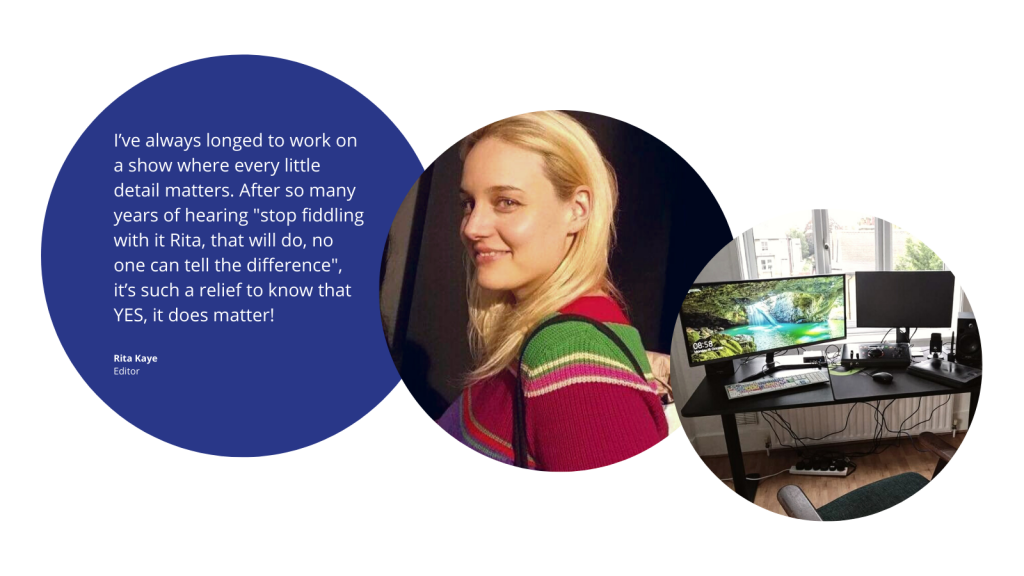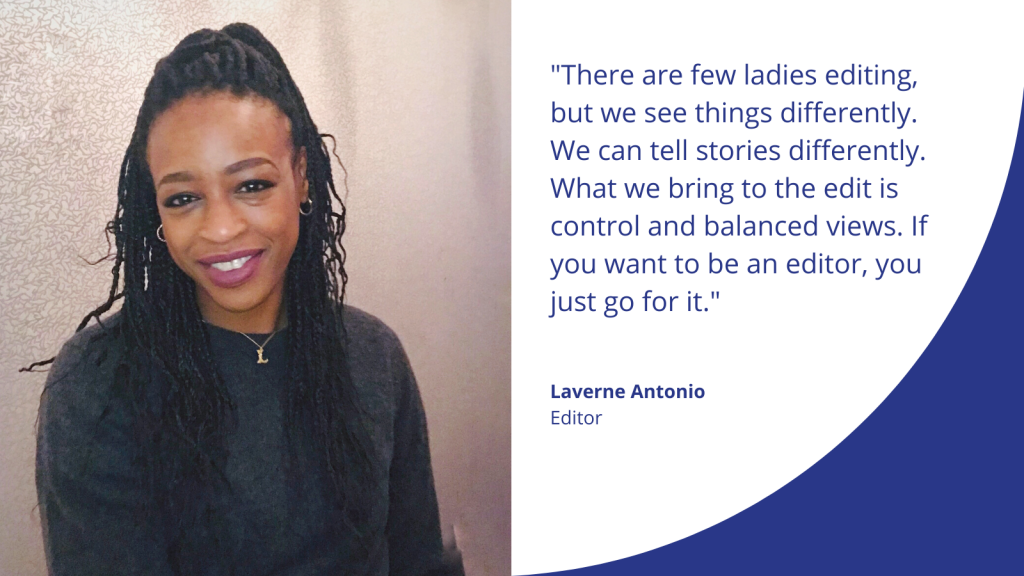Promax award-winning Editor Laverne Antonio discusses her career journey. Recent credits include ‘Cruising With Susan Calman’, ‘New York: The City That Never Sleeps‘ and ‘Secrets of the Royal Palaces‘.
Did you always want to pursue a career in post-production?
Yes, I did. I was watching T4 as a teenager and it was one of those TV shows where you always see the background and the cameraman. I thought it seemed like such an exciting job, to be behind the scenes and that’s how I knew I wanted to work in TV. That was the initial thing that got me interested. In my mind, I always wanted to be a photojournalist and that’s when I went to college. I really enjoyed photography and I was also good at English. That was my thought process at the time.
Did you originally train as a photojournalist?
Not at all. I did a Media degree at University. It was media with video production. I got to do all sorts of different elements, from producing to directing and editing. I’d get to the editing suite at 8am and then suddenly it was 5pm. Time went so quickly and I enjoyed every second of it. I pretty much carried on from there.
How did you get your break in the industry?
I graduated University when I was 24. I’d had a year’s break to have a child. I thought I was too old to be a runner, but I wanted to get into the industry somehow. A job came up for a receptionist with IWC Media, but before that I’d had a lot of knock backs. My route was to go for an office manager, or office-type role as I had those skills. I was a receptionist at IWC for three months and they had a small post-production department upstairs and the editor was leaving. So I went straight to the production manager and asked if I could have the job. He asked if I could use Avid. I wasn’t proficient in Avid at that point, but I’d tinkered with it. I’d go up and play with it because it was industry standard at that point. I just asked for a job and he said yes. That was my in.
Are there any women in post-production who have inspired you?
Not one person in particular. I have been lucky that a lot of positions in post which I’ve been involved in, have had really strong women leaders. I enjoy seeing how they get on and that it is possible from that. Just knowing that it could and can be done.
What’s your day to day schedule like when working on a series such as ‘Secrets of the Royal Palaces’? What was the workflow like?
The days were very long. You’ll get a script and you are working from a script pretty much from the beginning. Your aim is to make a part and get it signed off. You work closely with the edit producer from the morning, maybe a Zoom meeting or a call about what you want to achieve throughout that day. It is about getting a sequence together and me trying to fill the shots and make it all come together. The day to day is the same everyday. You are editing a script and editing to make a part as exciting as possible for your deadline or sign off so it can pass.
Is there much room for creative control?
Once they give you the script and the VO that’s all they provide, then everything else is down to the editor. You’re picking the shots and deciding what music to use. In that sense, you are deciding on the style and the flow.
What are some of the biggest challenges you have faced as an editor?
It is usually always time constraints. You are always meeting deadlines and I think that is the most challenging thing. You think you are in control sometimes, but you never know what’s going to get thrown back at you. The end goal is a commission editor is going to sign it off and you’re going to meet that deadline. The deadline is key. It doesn’t matter how far you’ve got the previous day. When things then get sent maybe to an executive producer, he doesn’t like it, it comes back to you and you need to change it by the time it gets to the commission editor. It’s just about making sure everything is correct for that deadline. Sometimes you think you are finished, but you’re not finished. Secrets I sent off and that involved minimal changes. However, I’ve worked on a series called New York. The edit producer was really happy. You’d send it off, but then a complete change is in order. That can make it a late night.
Are there any types of projects you’d love to work on?
I got into editing as a documentary editor. I think I’d still say documentary because I always enjoy learning new stuff. I like the storytelling aspect as well, and how as an editor you can try and portray that story and keep suspense alive for the viewer.
What advice do you have for other women pursuing a career in post-production?
That it can be done. I’ve never thought that I can’t be an editor. Just to say it can be done. There are few ladies editing, but we see things differently. We can tell stories differently. What we bring to the edit is control and balanced views. If you want to be an editor, you just go for it.
Is it still very much male dominated?
I’ve been editing from home the last two years, but yes it is. You do get a few women as well. I was the only female editor at the company I worked for before. I just got on with it. Sometimes working remotely you’ll have a group chat and see another female editor, maybe just one or two, but you think ‘oh there’s another female editor.’ There are definitely more males, but there’s room for women and there are women here doing great stuff as well.
What are you currently watching/reading?
I’m currently reading The Runaway, which is a thriller. I try not to watch terrestrial TV, but sometimes have a look to see what’s going on. I like to see what my friends are working on. I’m more of a Netflix type person. I just finished watching We Are All Dead, a crazy zombie series. I’d love to work on a Netflix documentary, that would be near amazing. Keep manifesting that and hopefully one day!
